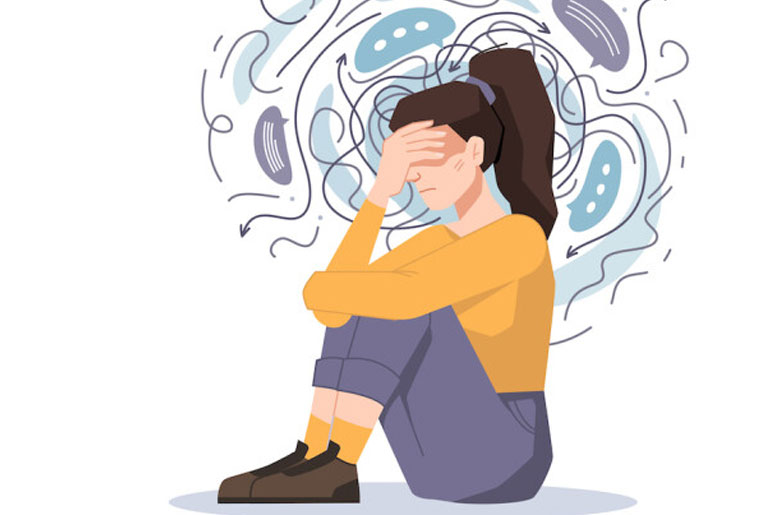The warning signs that things may be taking a toll on our mental well-being can manifest in various ways. Therapist highlights several indicators that may signal a decline in mental health and emphasizes the importance of recognizing these signs early to prevent a crisis or burnout.
Difficulty Staying Motivated:
A noticeable struggle to stay motivated and focus on tasks at hand can be an early sign of mental distress. This may be attributed to a clouded mind overwhelmed with numerous thoughts.
Feeling of Frustration and Drained:
Experiencing a pervasive sense of frustration that affects physical, mental, and emotional well-being, even after adequate rest, may be indicative of underlying issues.
Increased Irritability:
Heightened irritability, where even ordinary occurrences provoke frustration, suggests a potential decline in mental health. Irritation may become a common response to daily situations.
Social Withdrawal:
A desire to withdraw from social connections and avoidance of social events may signal emotional distress. Isolating oneself and avoiding interaction can be a coping mechanism or a sign of struggling mental health.
Escapist Behavior Patterns:
Increased screen time and extended periods spent alone may be indicative of escapism. Using technology as a means of distraction or isolating oneself within a room can be patterns associated with trying to avoid underlying issues.
Recognizing these warning signs and giving oneself the space to reflect on behaviors can be crucial in managing mental well-being before reaching a crisis point. Taking proactive steps, such as seeking support from friends, family, or professional help, can play a vital role in maintaining mental health and preventing burnout.
Disclaimer:
The information contained in this article is for educational and informational purposes only and is not intended as a health advice. We would ask you to consult a qualified professional or medical expert to gain additional knowledge before you choose to consume any product or perform any exercise.







